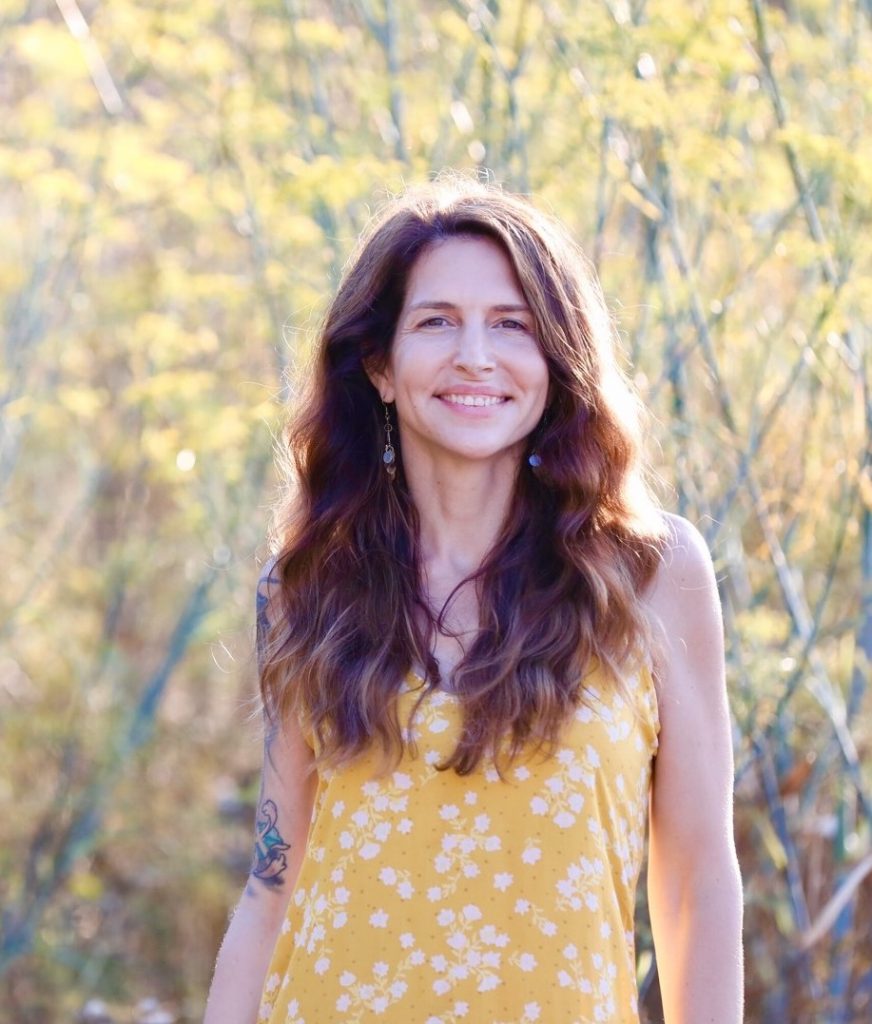When people think about self-care, they often imagine a list of things that they need to do for themselves. So, they check the boxes, making sure that they\’re exercising, drinking enough
water, sleeping enough, eating the right food. All of these things belong to the basic category of self-care. If we are doing these things, then it must mean we are taking care of ourselves, right?
There is some truth to this. These are the basics. This is what we need to do in order to sustain our health.
However, self-care is much deeper than checking these boxes. Our self-care is more about how we are able to take care of ourselves in each and every moment – this includes all of our behaviors, thoughts, and emotional experiences. It is more than diet, exercise, getting enough sleep, and the occasional massage. Each and every act in our life either cares for us and supports us, or it does not.
Our ability to care for ourselves is also a sign of how much we have healed ourselves up to this point in time. So self-care is both a way of seeing how much we have healed ourselves and a
way of healing ourselves.
When we give ourselves something that we didn\’t have in the past – if we take care of ourselves in a way we weren\’t taken care of in the past, or if we love ourselves in a way that we weren\’t loved in the past, or any other way that we give to ourselves something in the present that undoes or rebalances what was done or not done in the past – it is powerfully
healing. So as we give ourselves the care that we may have missed out on, it lifts us to an entirely different place, a whole new level of healing.
However, there are a number of things that get in the way of receiving this deep healing through our self-care. For example, we may have learned ways of caring for ourselves that we were taught were helpful but actually are less so. Someone could think that they\’re eating in a healthy way because that is what they\’ve been taught is healthy, unaware that what they\’re eating is actually really harmful for them. This type of misconception can happen in every area of our life. What we eat is just one example.
Another way that we become limited in our ability to care for ourselves is through our thoughts and perceptions about who we are and what we deserve. We cannot care for ourselves if we believe that we\’re not worthy of it. These beliefs, which we often learn in our childhood, teach us to cancel out our wants and needs. We become blind to what it is that we need. We become out of tune with what it is that we\’re wanting or needing in any given moment.
Because of this, we might reach out to various different things that are maybe less healthy, less useful, less caring of ourselves. In part, self-care is actually learning what it is that we need. Like, what are these things that maybe we\’ve lost sight of yet are truly supportive of who we are and who we want to be and how we want to live our lives: one is the habits that we develop, another is the way that we have lost sight of what is good for us.
There are also institutional structures in place that actually lead us away from caring for ourselves. We\’re taught to evaluate ourselves based on our ability to persevere and work really hard. We are taught to evaluate our own goodness according to how much we sacrifice for those around us. As we become aware of these cultural influences on our ability to care for ourselves, we can peel back another layer of what has been getting in our Way.
Self-care is a foundational element to doing personal development work. It is both an act that keeps us healthy and one that heals us. There are a number of challenges to being able to really care for ourselves. Recognizing the obstacles that are in the way of our self-care will help us to be more prepared in our efforts and proud of our successes.
For more about self care take a look at my article >>> \”On Self Care\”

